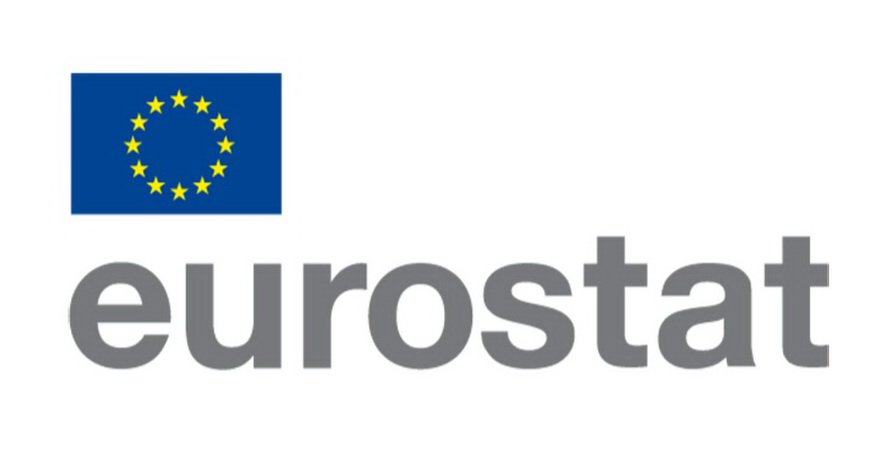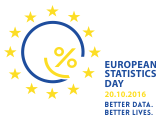Census of population, households, and dwellings is the largest and most complex statistical survey in terms of scope and contents, and is implemented every ten years, in line with the uniform standards of UN and European Commission.
METHODOLOGICAL BASES
Legal basis
Legal basis for implementation of the 2023 Census of Population, Households, and Dwellings is the Law on Census of Population, Households, and Dwellings (Official Gazette of Montenegro No 140/22 of 16 December 2022 and 105/23 of 28 November 2023), and the Decree on Establishing Period of Implementing Census of Population, Households, and Dwellings, and Reference Moment of Census (Official Gazette of Montenegro No 025/23 of 6 March 2023, 098/23 of 31 October 2023, 107/23 of 29 November 2023, 113/23 of 15 December 2023, 119/23 of 28 December 2023).
Description of survey
Purpose of Census is to collect data on total number and territorial distribution of main census units (inhabitants, households, and dwellings), main demographic, educational, migration, economic, and other characteristics, at the level of country, local self-government units, and settlements. Population censuses are the basis for population estimates in period between censuses, and they serve for projections on number of populations.
Results of the Census serve, in addition to the analysis of state assessed by the Census, also for the analysis of changes compared to the previous censuses, as well as prognoses of future trends of an appropriate phenomenon.
The Census is implemented as of on day 31 October 2023, at midnight, which is considered to be the reference moment of the Census.
Census units
Census units are: persons, households and dwellings.
Protection of individual data
Protection of individual data is envisaged by the Law on Census of Population, Households, and Dwellings (Official Gazette of Montenegro No 140/22 of 16 December 2022 and 105/23 of 28 November 2023).
More information you can find in the sections below.
- Preliminary results of the 2023 Census of Population, Households, and Dwellings
- Legal acts
- News
- Frequently Asked Questions on Census
- Communication with Eurostat
- Questionnaires of the Census of population, households and dwellings







